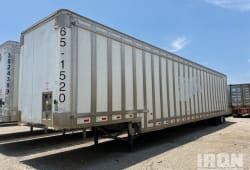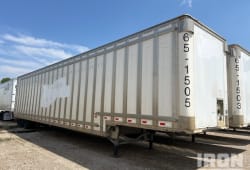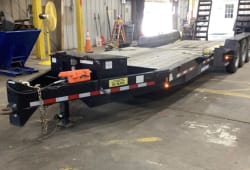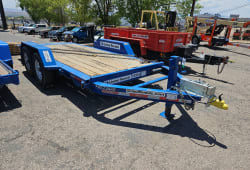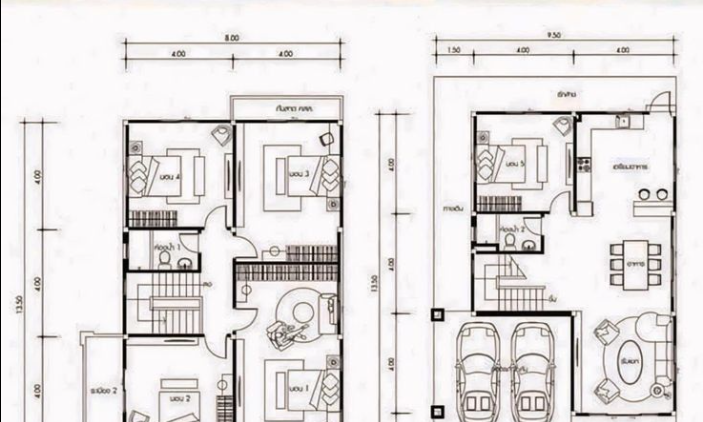Warranty vs. Guarantee: Understanding the Differences
3 Lectura mínima
)
junio 3, 2024
When purchasing used heavy equipment, it’s essential to understand the distinctions between a warranty and a guarantee. Both terms are often used interchangeably but have different implications and commitments. Let's dive into the core differences between the two.
What is a Guarantee?
A guarantee is essentially a promise or assurance from a company that a product will meet certain standards of quality and performance. It's a way for companies to stand behind their products and ensure customer satisfaction. Here are the key points:
Reputation-Based: A guarantee relies heavily on the company’s reputation. The company's word and integrity ensure the promise is fulfilled.
Flexibility: Guarantees can be broad and may cover various aspects of the product without strict legal boundaries.
Customer Assurance: It offers customers peace of mind, knowing that the company is confident in its product.
What is a Warranty?
A warranty, on the other hand, is a formal written agreement that provides specific terms and conditions under which the product will be repaired, replaced, or refunded if it fails to meet the specified standards. Key characteristics include:
Legally Binding: Warranties are legally enforceable documents. They provide detailed terms about what is covered, for how long, and the process for making a claim.
Specified Coverage: Warranties often cover specific parts or aspects of a product and have clear limitations and exclusions.
Recourse for Customers: Warranties provide a recourse to the customer should a covered component break during a set term, offering a formal assurance that issues will be addressed.
Additional Cost: Typically, warranties cost money for the customer to purchase, adding a layer of protection for a fee.
Boom & Bucket: Our Approach
At Boom & Bucket, we offer both guarantees and warranties, depending on the machine and the agreement with the customer. Here’s how we manage these commitments:
Machine-Specific Options: On specific machines, we may be able to provide one or both options to ensure the best possible support for our customers.
Flexible Agreements: We understand that each customer's requirements are unique. Therefore, we tailor our guarantees and warranties to match the specific demands and expectations.
Option to Opt-Out: We also provide the flexibility to purchase machines without a guarantee or warranty if that aligns better with the customer's preferences or budget.
Conclusion
Understanding the difference between a guarantee and a warranty can help you make more informed decisions when purchasing used heavy equipment. A guarantee leverages the company's reputation to assure quality, while a warranty provides a legally binding promise to cover specific issues. At Boom & Bucket, we strive to offer the best of both worlds to meet our customers' diverse needs.
Feel free to reach out to us for more information on our guarantees and warranties or to discuss the best options for your equipment purchase.

Rex Walz is Boom & Bucket's Manager of Supplier Relations, bringing over a decade of experience in B2B sales and heavy equipment solutions. With a background spanning government, construction, industrial, and commercial sectors, he has a proven track record of driving growth and building trusted customer relationships. At Boom & Bucket, Rex is passionate about helping partners succeed while advancing the company's mission to create the most trusted marketplace for heavy equipment.

